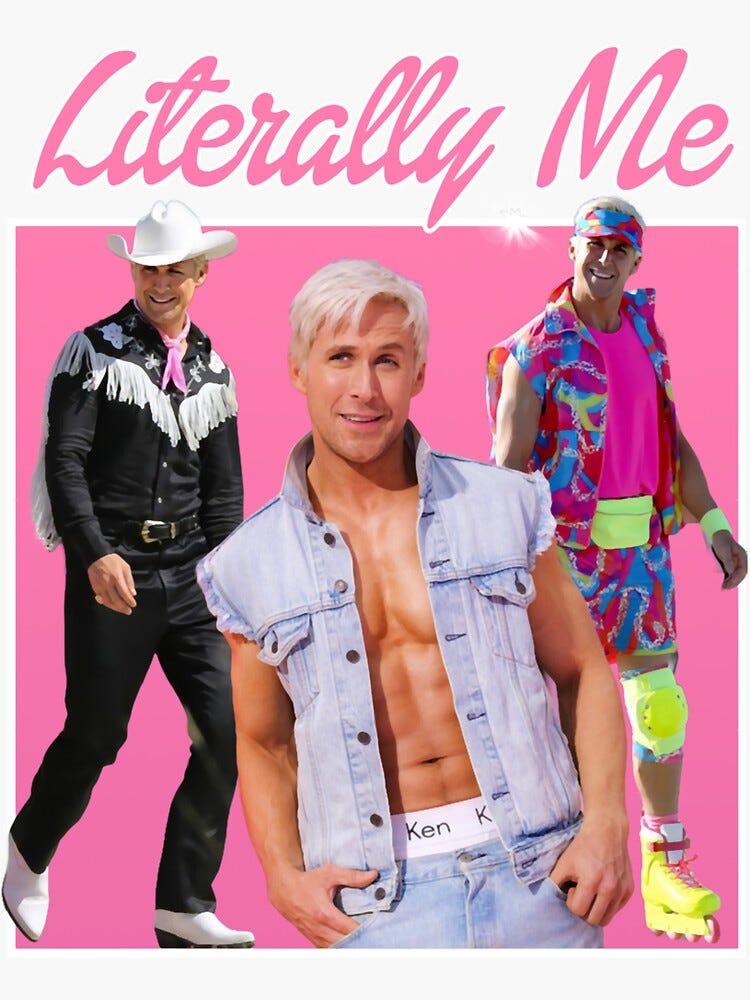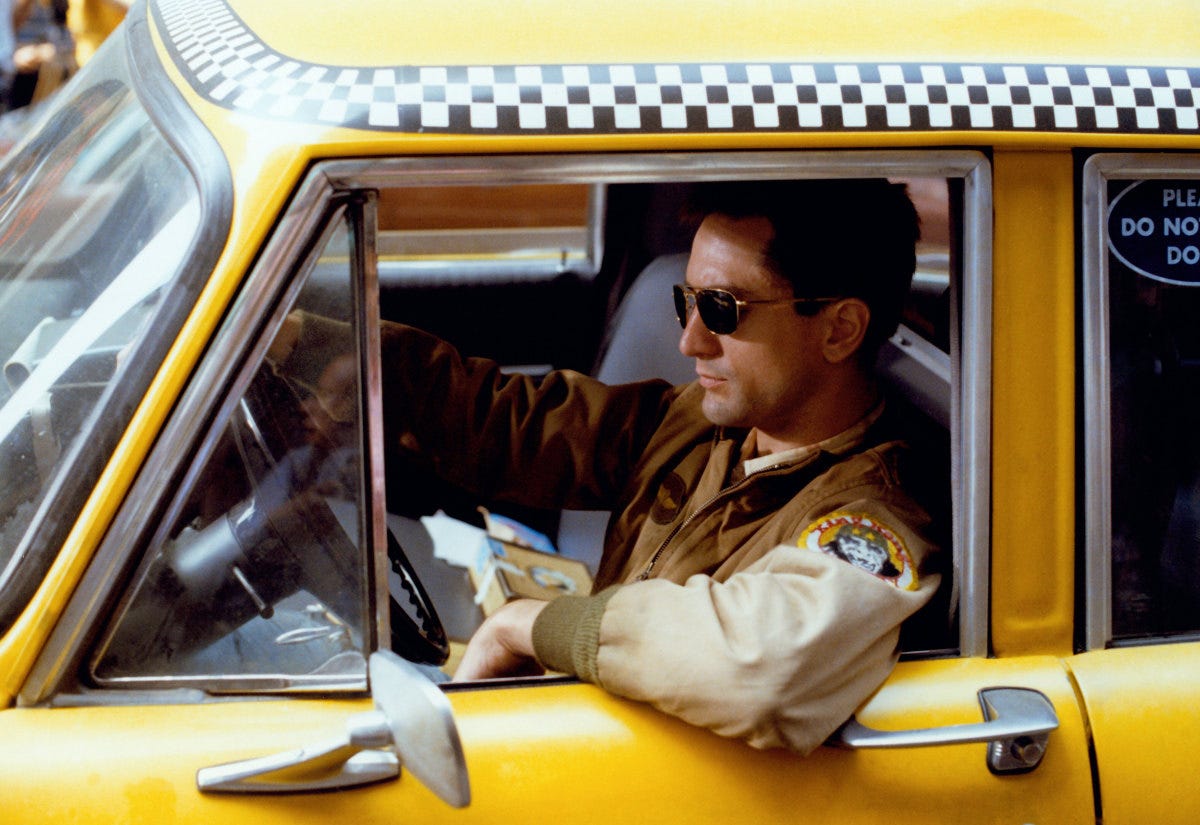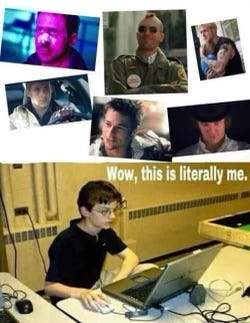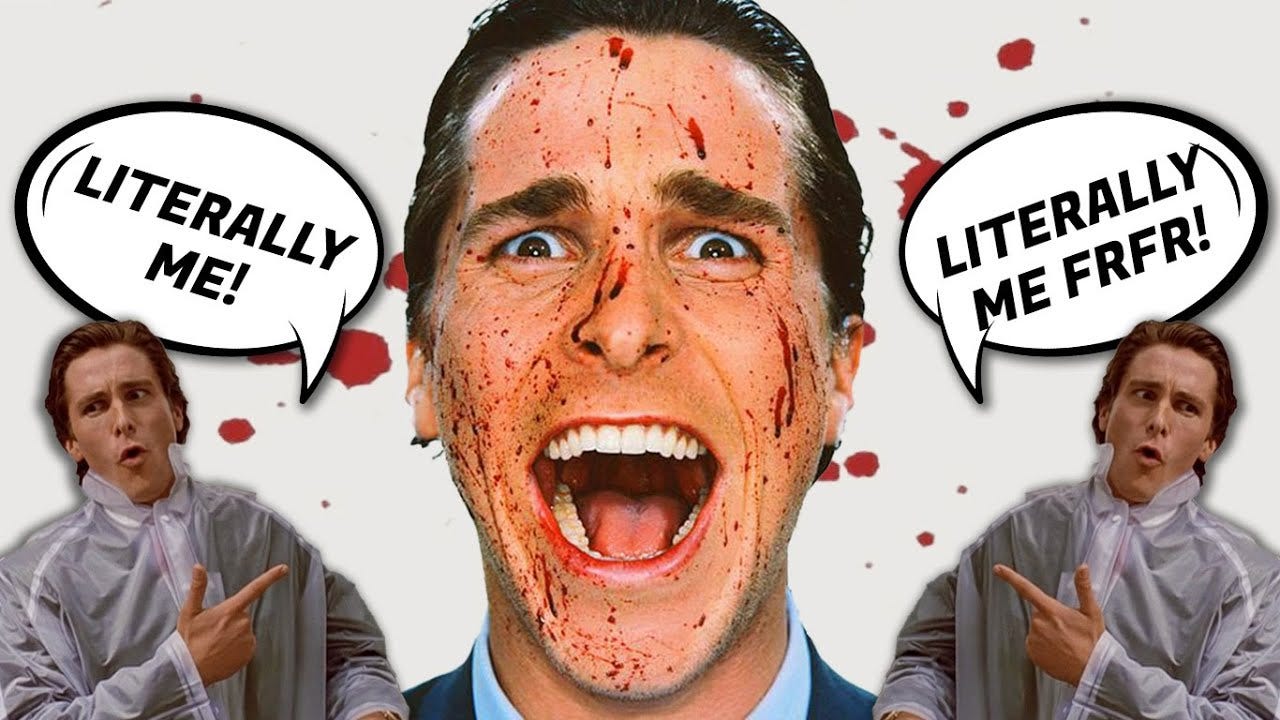You're Not Yourself, Kid
Has the Internet warped an entire generation's sense of reality?
I was born in 1998, making me a proud member of America’s last sane generation.
I know, I know, every group of humans from time immemorial has said this about themselves—but I can prove it.
Instagram didn’t become popular until I was in high school. I was already out of college by the time the entire world started salivating themselves over TikTok. iPads and iPhones and other personal screens didn’t dominate my early childhood. And Covid-19—the ‘great exacerbator’ of all of the problems that technology caused, didn’t happen until my last semester of college.
I get it. My generation sucks, too. We spent our formative years on the Internet, had smartphones in our teens. Maybe Generation X was the last sane generation, the ‘latchkey kids’ who played rough and formed an identity for themselves that wasn’t corrupted by the Internet. Or maybe it’s the tough-as-nails “Greatest Generation,” who fought in World War II, averaged six kids per family, and now, in their nineties and battling dementia, could still probably outwit the valedictorian of the local high school in their area.
It doesn’t really matter, anyway. My point is that kids these days are screwed. The American youth has been on a downward trajectory since the invention of the television, and now, smartphone addiction has marked the beginning of the end. How much further can we fall before we end up in that familiar dystopia where people don’t even know what’s going on around them because they are so immersed in the digital world?
We’re already part of the way there. Twitter and TikTok have completely warped peoples’ sense of reality—their algorithms promote the most extreme, attention-grabbing content that a user can stomach, and then amplify it, showing them gradually more extreme versions of the stuff that they are guaranteed to like.
Social media has already seized the attention of young, impressionable kids whose brains are still developing, spoon-feeding them content representative of one radicalized ‘echo chamber.’
To make matters worse, people tend to express things on the Internet that they would never dare say in real life, and kids spend most of their waking hours on the Internet and comparatively little time out in the real world talking to real, flesh-and-blood human beings.
What results is a generation of people living in a made-up world all their own (or, rather, shared by a small group of people who consume the same radicalized content on the Internet), believing that the way they see the world is somehow universal, despite being incredibly niche. What suffers is their grasp on reality.
The double-edged sword of the Internet is that it connects people who would otherwise have no way of meeting. On social media, you can find a group that will affirm any freaky little niche you can think of. In ‘real life,’ hearing a large number of people agree with you is generally a reliable indicator of normality. On the Internet, you can find a group who will say just about anything.
The result is that kids are overwhelmed. There’s just too much content, and all of it is too extreme. They’re being bombarded from all sides; who’s to know what’s real?
Objective truth is lost; everyone decides for themselves. After relativism comes nihilism. If nothing is real, how can anything matter?
This is a distressing position for a young person. Their only respite is in ironic humor, in embracing the meaninglessness and pretending that it brings them joy.
That’s how we end up with things like this:
Confused?
I am too, a little bit, but young men these days seem to find this stuff funny. Or, at least, they did relatively recently. I may be a little late to this trend, but the point stands—if “Literally Me” isn’t a thing anymore, it was a few months ago, which says just about all it needs to say about the state of affairs right now.
Let’s unpack this.
Young people are looking at the protagonists of movies such as Taxi Driver, Drive, and American Psycho, and relating a little too much with the antihero.
Now, I watched Taxi Driver. The protagonist was a repulsive guy. He was flawed, compelling, and believable—in other words, terrifying. Yet young people these days seem to romanticize him, view him as a flawed hero.
Is this a product of the times, or just part of youth in general. When I was young, I idolized some seriously messed up people. I was confused. Depressed (a common thing in high school and college, from what I’ve seen). Disillusioned with the ‘real world’ and struggling to find my place within it.
Maybe that’s why antiheroes appeal to young people. None of these characters have a positive, fully-formed identity—something that is completely normal and relatable when you’re in your teens and early twenties, but turns sad once you get older. Furthermore, they are, by definition, at odds with society—just like the frustrated young person who wants to burn it all down.
Being lost and young is nothing new. The only thing that’s changed is the technology. Now, the Internet offers a standardized way for young people to vent their grief to one another. And, for better or for worse, the language of the Internet is irony.

The whole thing rests on the idea that they don’t actually mean what they’re saying. These kids don’t actually want to murder people—they just want to feel like their rejection of ‘society’ is valid.
(Fun fact: there was one guy who thought Travis Bickle was ‘literally him,’ and who actually did want to commit murder. His name was John Hinckley Jr., and he developed a creepy obsession with Jodie Foster which culminated in an attempt to assassinate Ronald Reagan in order to get her attention. I don’t think ‘kids these days’ are willing to take the meme this far.)
To the kids perpetuating this meme, it’s all just a joke. It’s often a very dark joke, but that’s the point. They’re making light of the darkness. To us dinosaurs, this new thing is unique and terrible, but in reality, it’s just harmless, self-deprecating shock-value humor from a population that has always been a little lost.
All they have to do is find themselves—something that every generation has gone through, in one way or another. The depression lifts once your brain fully develops and you get out of the weird purgatory of being an adult-but-not-really in college, waiting for your life to start. It's just a time in our lives that we all need to survive.
In other words, the kids are gonna be fine, just like they always have been. And if this is how they choose to cope—well, it’s still a little weird, but don’t judge.
Thank you for reading. If you enjoyed this article and want to support my work, consider becoming a free or paid subscriber.








I was a kid before the internet came along. There's always fantasy (unreality) stuff that kids get into that the oldsters don't get. But you're even-keeled (and correct in my opinion) attitude about social media etc. seems to be in the minority these days.
Oh, hey, not to that guy, but you have a typo in your "susbcriber" pitch up above.